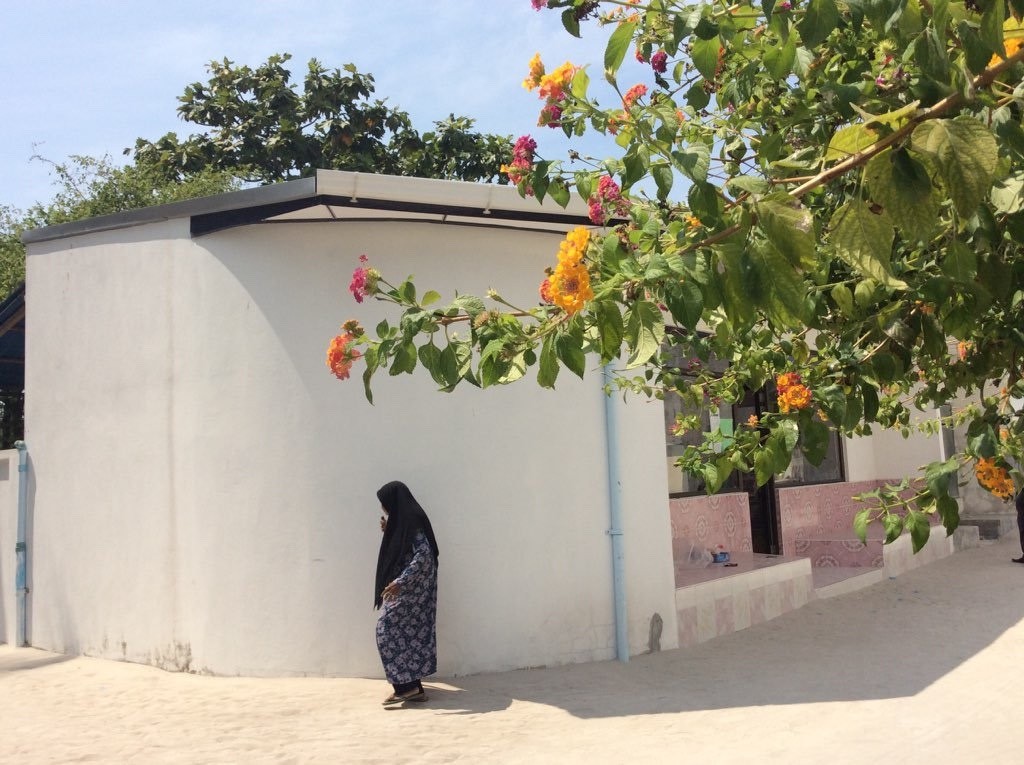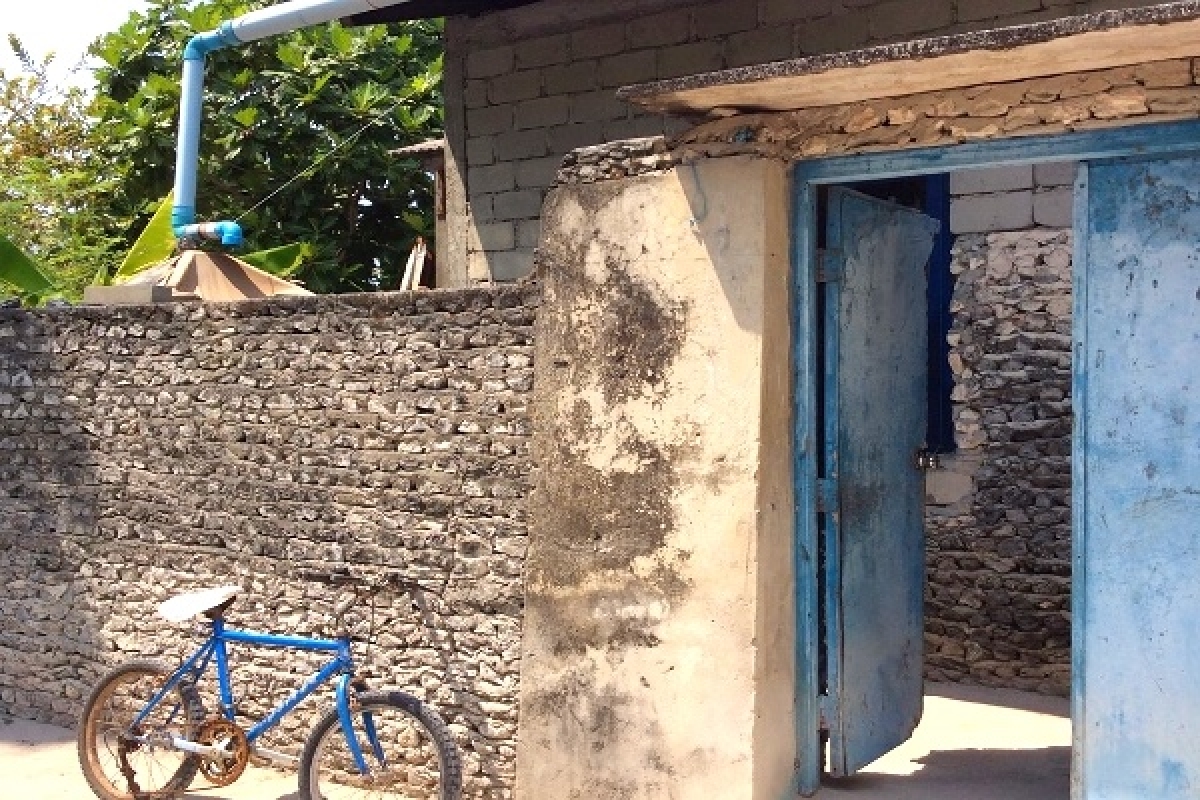7.08°N, 72.92°E Dispatch: Uligan, Maldives
The Maldives was established as a Buddhist Kingdom and was later colonized by the Portuguese, Dutch and British. After years as a British protectorate, the Maldives became independent country in 1965. Due to the remoteness of the geography, life on many islands, especially the ones without resorts, continues unaffected by Western influence.
Religion was brought to the Maldives by missionaries from Roman times and dominated by Buddhist monks until the 12th century, but currently the islands are solidly Islamic. Unlike many Islamic areas, the Muslim resort workers tolerate odd Western preferences like bikinis and fancy cocktails complete with paper umbrellas.
There are no resorts on Uligan. Immigration officials greet the rare ship that docks at this Northern entry point of the Maldives with a celebration. Most visitors in boats or ships enter from the Southwestern end of Maldives island chain, arrive by plane from the Middle East or land on the water in seaplanes from Mahe, the capital.
In Uligan, the visitors’ arrival signals residents to head toward the small dock and gather near the palm-covered customs station. In contrast to most ports, shop owners close their doors to congregate for a break on the beach. Uligan residents welcome their guests by dancing and singing with their neighbors. The burka-covered women must suffer in the 90° heat in contrast to the men in cooler Western dress.
The fifty or so homes in this small village display a variety of building materials. Broken coral collected off the beach, tree branches bound together by woven grasses and concrete have been used in these structures, some of which have lasted hundreds of years. Large satellite dishes loom over the unpaved streets swept clean by homeowners nearby.
A mom and four-year old girl stroll up to meet dad, an immigration official. They chat and laugh with neighbors and then move on, a happy threesome, to eat the midday meal at home. Parents’ love for each other and their children represents a bond, shared by many, maybe all, cultures, regardless of religious, political or class boundaries.


